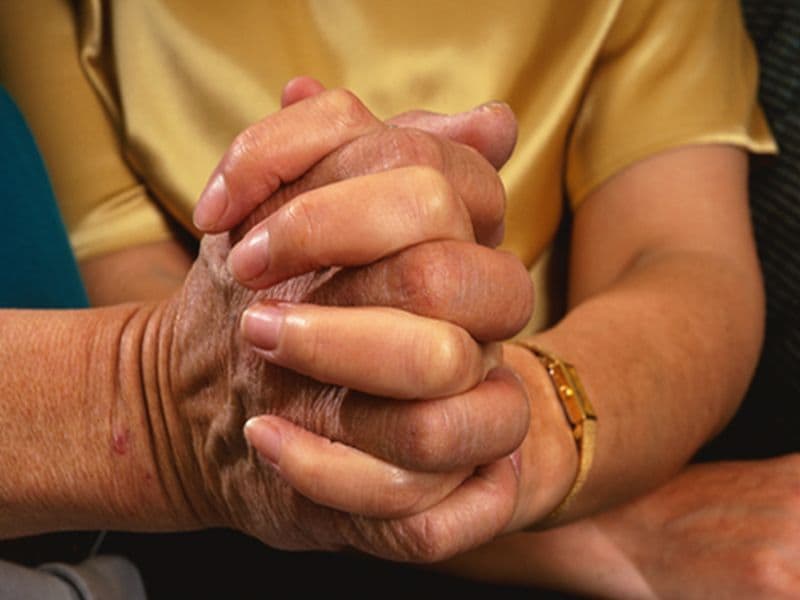Increased hospitalization risk tied to having a primary caregiver who helped with health care tasks
FRIDAY, Oct. 2, 2020 (HealthDay News) — Caregiving characteristics are associated with hospitalization risk among older adults with disability, according to a study published online Sept. 22 in the Journal of the American Geriatrics Society.
Halima Amjad, M.D., from Johns Hopkins University in Baltimore, and colleagues used the 1999 and 2004 National Long-Term Care Survey and the 2011 and 2015 National Health and Aging Trends Study, linked caregiver surveys, and Medicare claims to evaluate the association between caregiver factors and risk for hospitalization. The analysis included 2,589 community-living Medicare fee-for-service beneficiaries (mean age, 79 years; 63 percent women; 31 percent with dementia) and their primary family or unpaid caregiver.
The researchers found that 38 percent of older adults with disabilities were hospitalized during 12 months following the interviews. There was an association observed between increased hospitalization risk and having a primary caregiver who helped with health care tasks (adjusted hazard ratio [aHR], 1.22), reported physical strain (aHR, 1.21), and provided >40 hours of care weekly (aHR, 1.26 versus ≤20 hours). There was an association between lower hospitalization risk and having a caregiver who had helped for at least four years versus less than one year (aHR, 0.62). Hospitalization rates were similar for older adults with and without dementia, and caregiving factors remained associated with hospitalization regardless of dementia status.
“Policies or interventions that target aspects of caregiving we identified in this study should be explored as strategies to reduce risk of hospitalization in older adults living with disability,” Amjad said in a statement.
Abstract/Full Text (subscription or payment may be required)
Copyright © 2020 HealthDay. All rights reserved.

